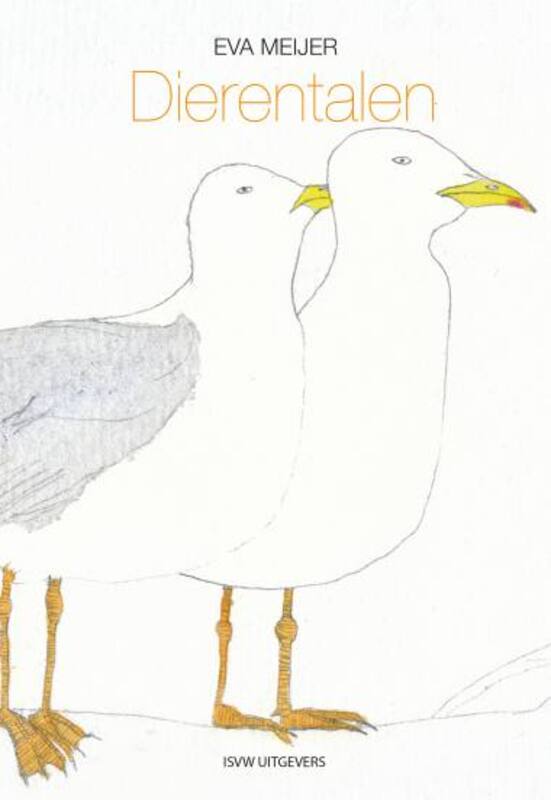
Dolphins and parrots call each other by their names. Fork-tailed drongos mimic the calls of other animals to scare them away and then steal their dinner. We find grammatical structures within the songs of many species of birds and the skin patterns of squids. Prairie dogs describe intruders in detail, including their size, shape, speed, hair colour and T-shirts. Bats like to gossip. These animals are no exception: most social animals have complex and nuanced ways of communicating with one another – and with humans, using smell, gestures, sounds, movements, words, glances, colours and other signals.
In Animal Languages, Eva Meijer discusses many examples of recent empirical research. Biologists and ethologists are only beginning to understand the meaning of these signs. They have started using digital technologies to map and interpret the songs and sounds of many species – and to speak back to them.
This research presents us with a new perspective on other animals. It also raises philosophical questions. Can we call nonhuman animal communication language? What exactly is language? Can we speak with other animals, and if so: how? Is human language special, or are all languages remarkable in their ways? After reading Animal Languages, you might not be able to speak with all animals, but you will see them in a different light.
'Having conversations with animals asks us to reconsider our ways of thinking about animals, Meijer concludes in her book. This can only happen in dialogue.' – Trouw
'What do you get if you put Wittgenstein, Heidegger and starlings together into one book? A very approachable tale about how animals communicate, with each other and with us. [..] Full of facts and empirical research Animal Languages provides a valuable insight into the complexity of language and communication and the possibility of researching the languages of animals. Until recently animal languages have been assessed from the viewpoint of human languages. Eva Meijer proves that that would not be much different from judging a fish on its ability to bike.' – Athenaeum Bookshop
'Now Eva Meijer has graduated as a philosopher and has written the book Animal Languages, in preparation of her doctoral thesis on the political voice of animals. No wonder I bought this book immediately. Already the introduction is ripe with interesting philosophical questions.' – NRC